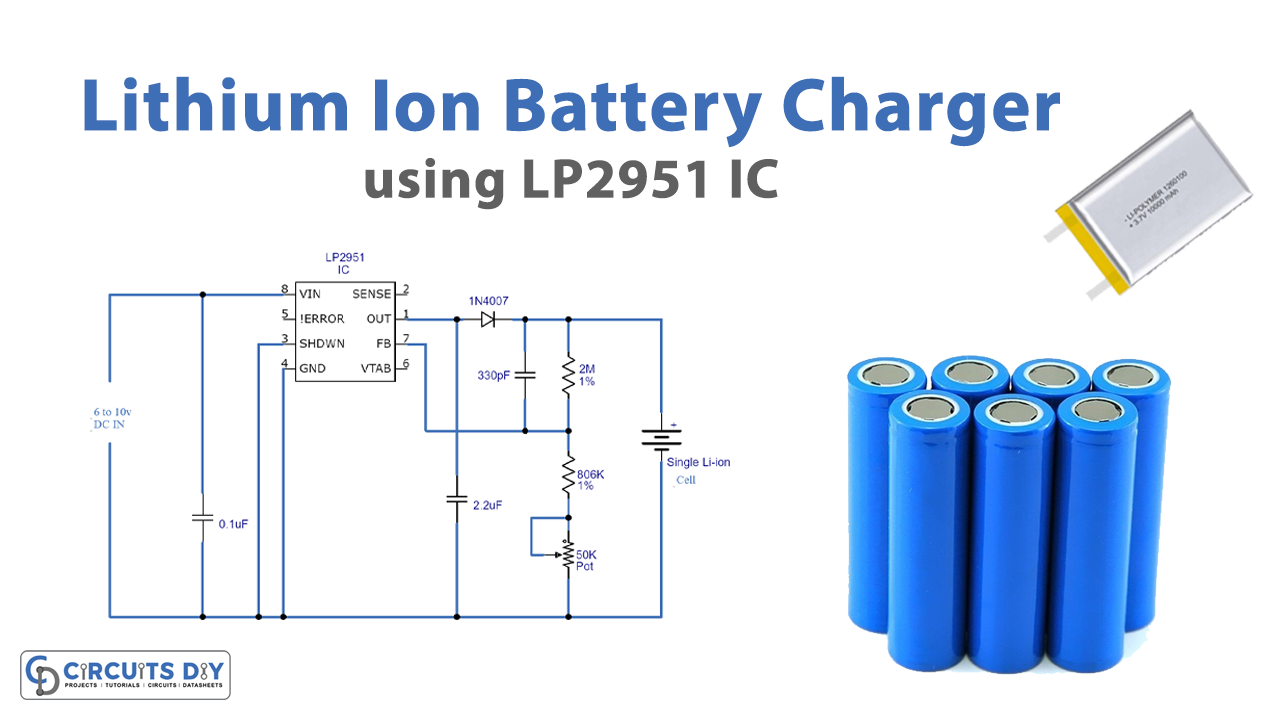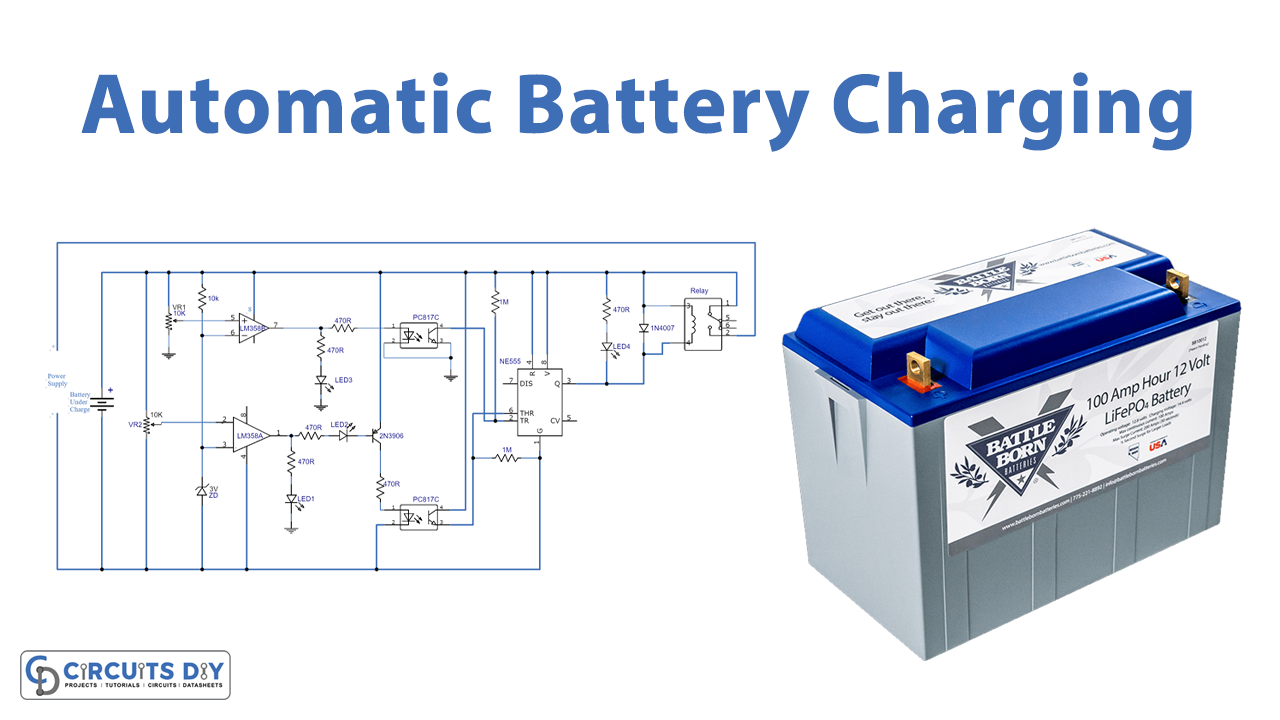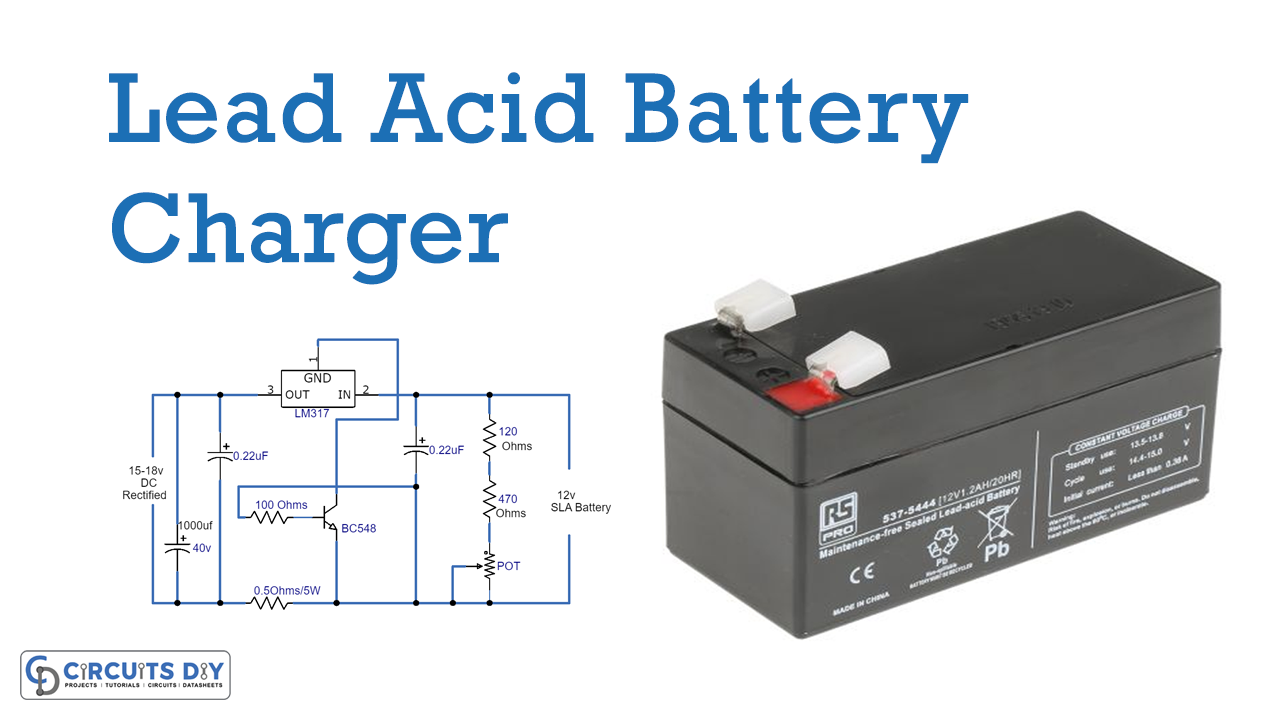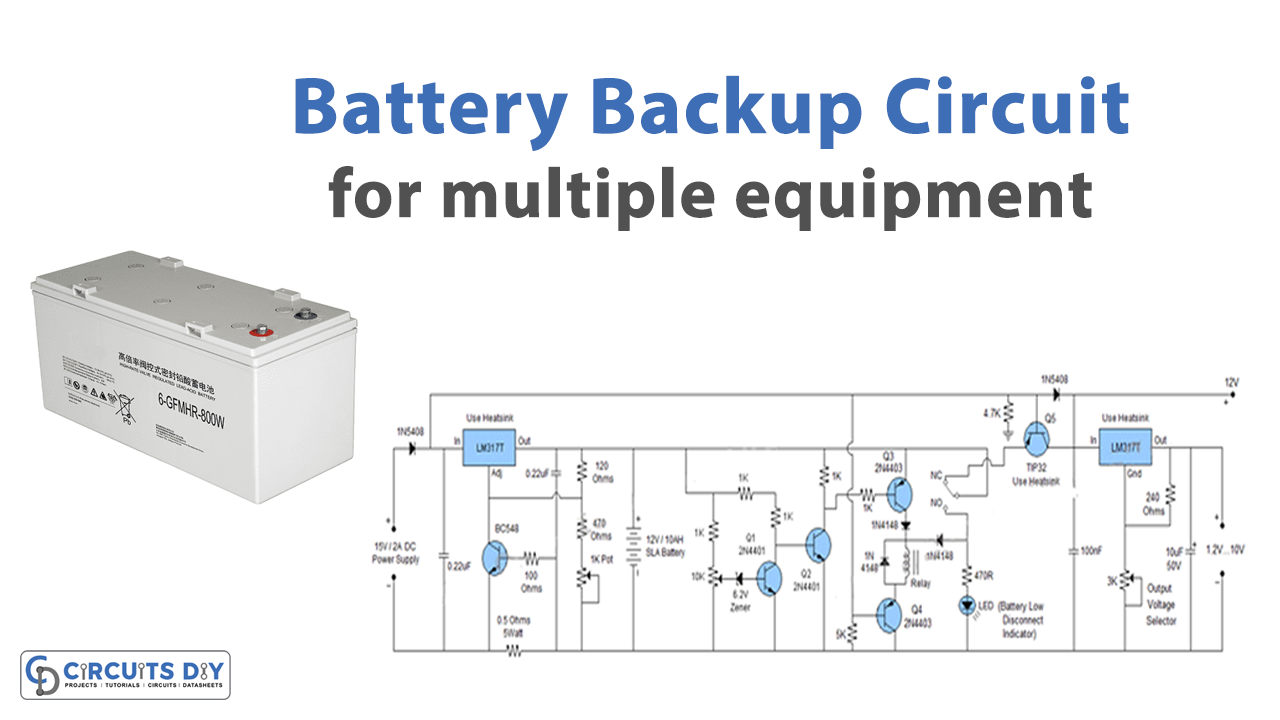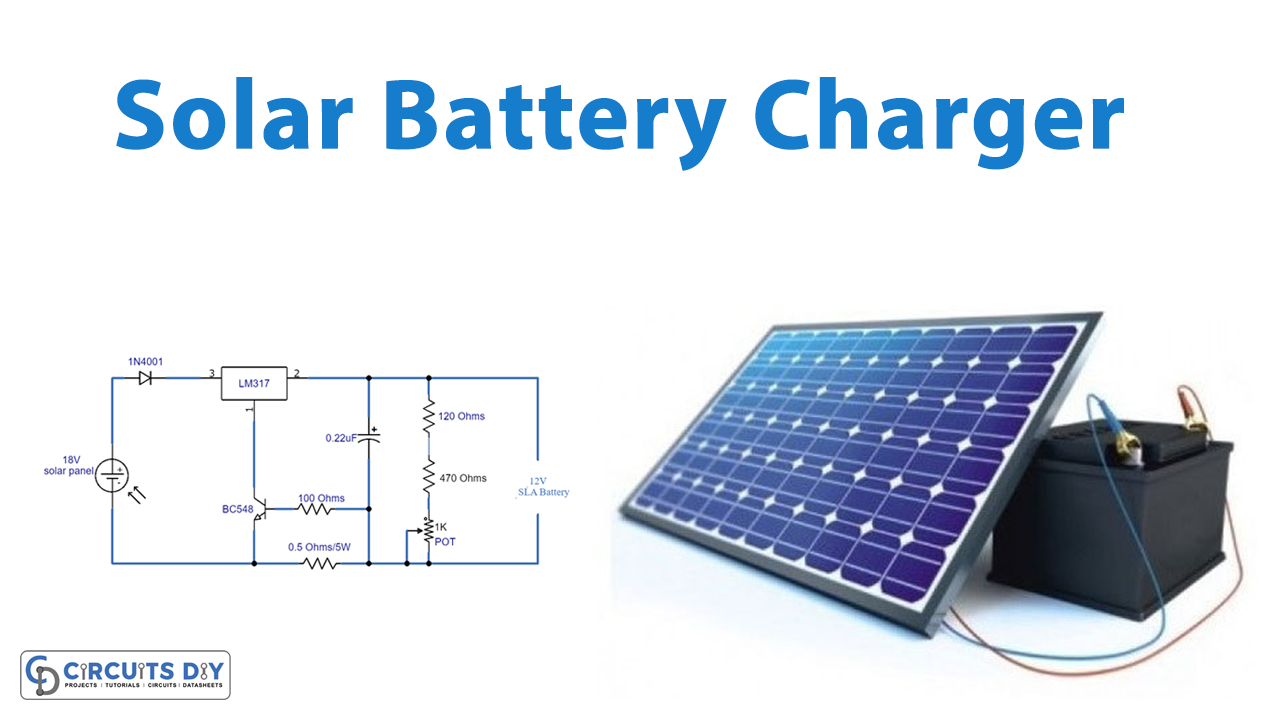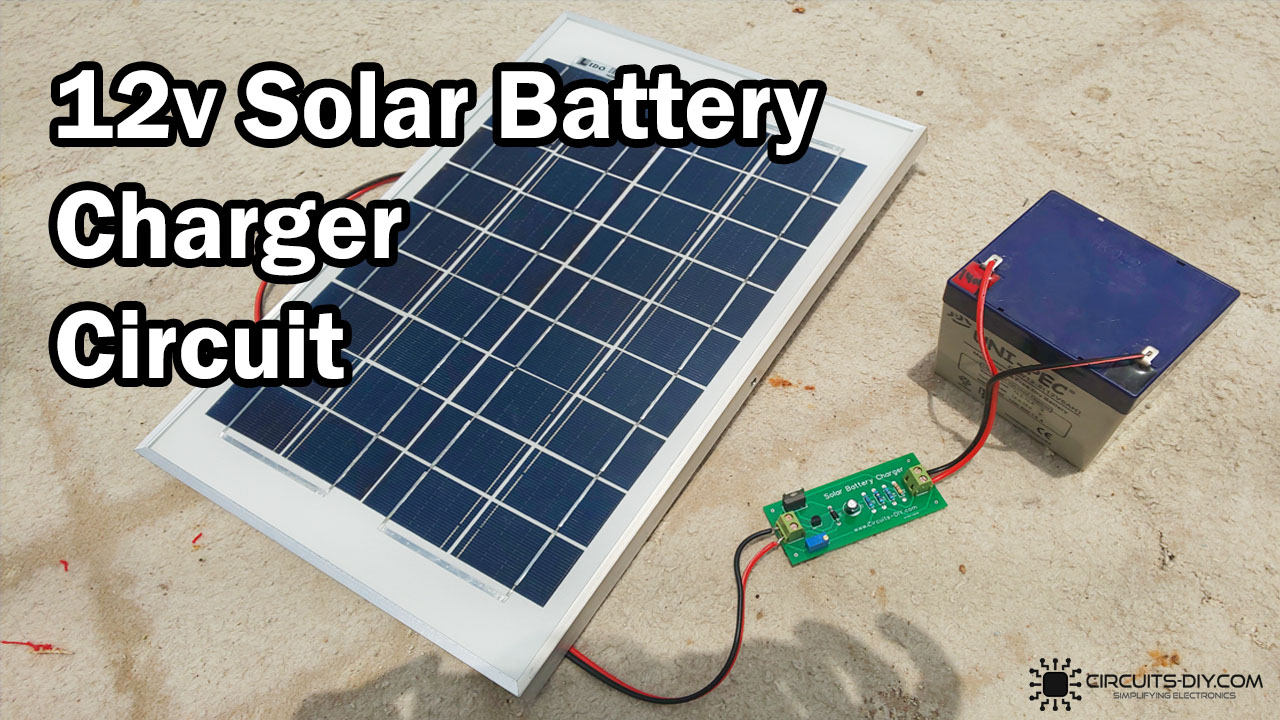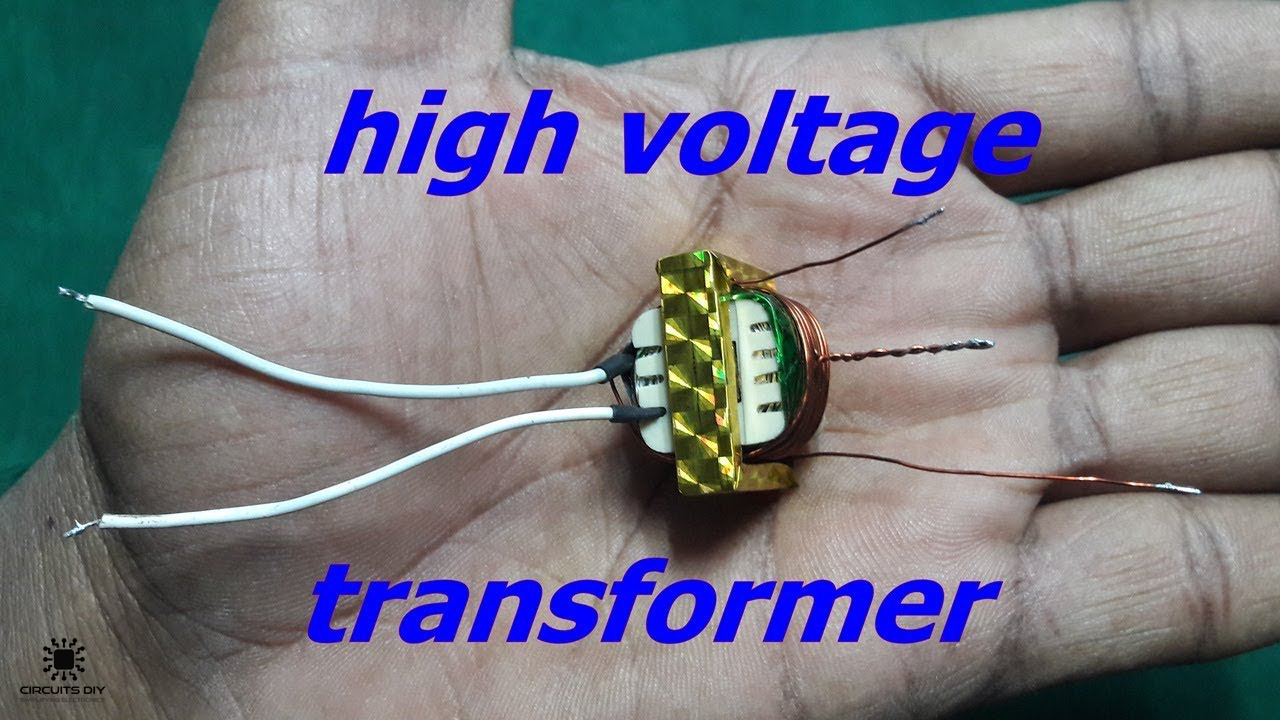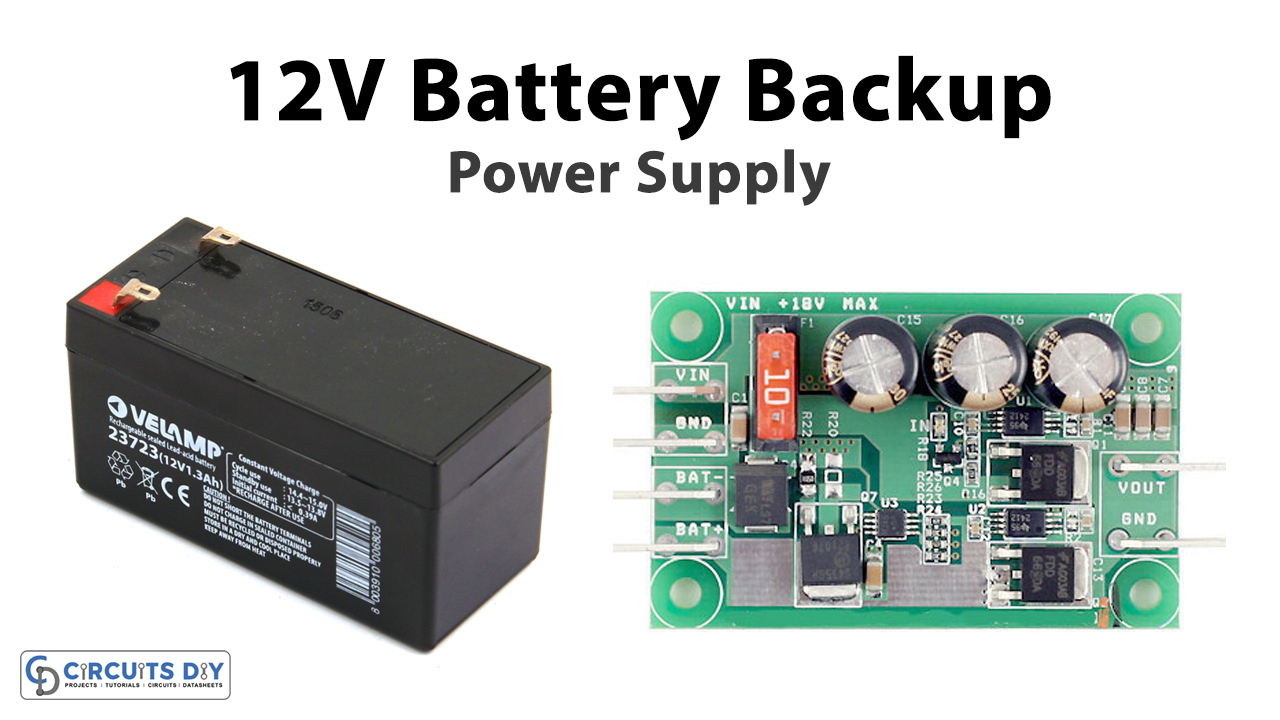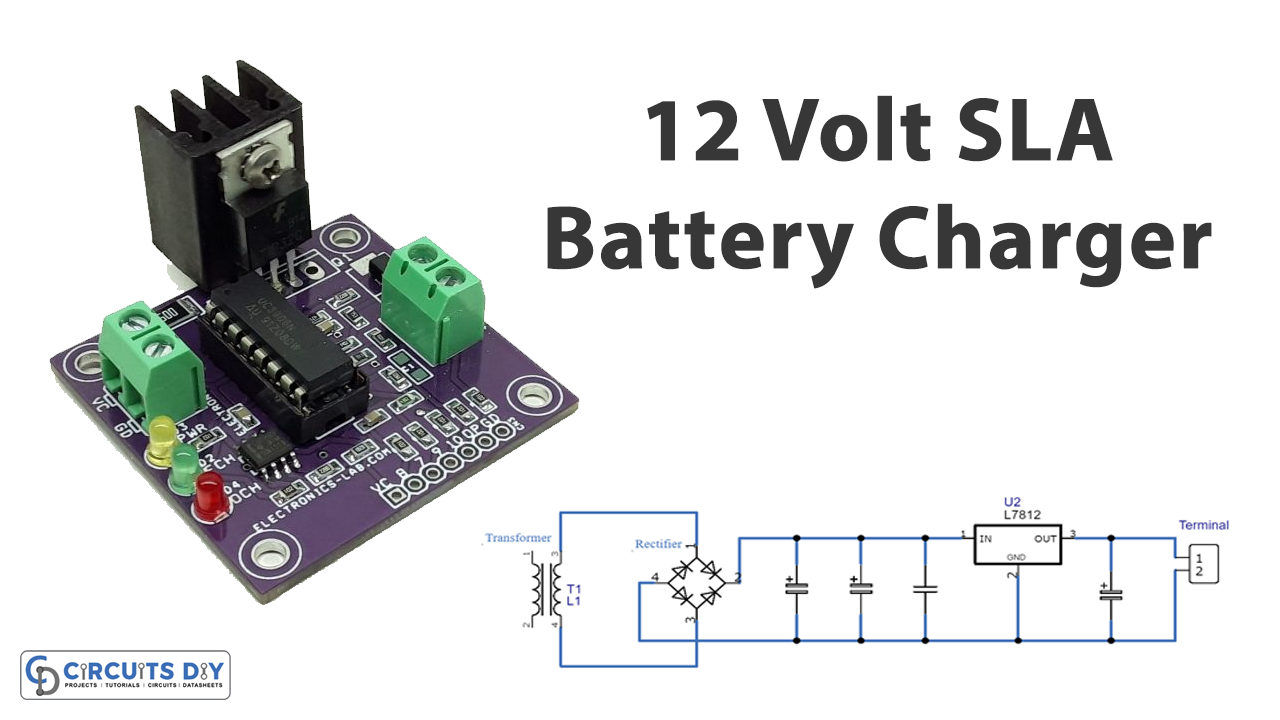Introduction:
The circuit that recharges the batteries is called a battery charger or recharge. It supplies direct current to the battery to strengthen the utilized electrolytes. There are different battery rechargers for many applications. Li-ion battery or lithium-ion battery is one of the types of batteries, it uses lithium ions as the main element, which moves from positive to negative electrode during the charging process while moving in the opposite direction during discharging.
Here we will discuss the working principle and characteristics of the lithium-ion battery charger circuits. It uses the type of charging phenomenon called ‘constant current, constant voltage CCTV’. The circuit is made using a few simple components. The main component of the circuit is the IC LP2951 which is a linear regulator. The IC is ideally used in battery-powered applications.
Hardware Components
The following components are required to make Li-Ion Battery Charger Circuit
| S.no | Component | Value | Qty |
|---|---|---|---|
| 1. | Single Li-ion cell | – | 1 |
| 2. | Regulator IC | LP2951 | 1 |
| 3. | Diode | IN4007 | 1 |
| 4. | Pot | 50K | 1 |
| 5. | Resistor | 806K, 2M | 1, 1 |
| 6. | Ceramic Capacitor | 0.1uF, 2.2uF, 330pF | 1, 1, 1 |
LP2951 Pinout
For a detailed description of pinout, dimension features, and specifications download the datasheet of LP2951
Li-Ion Battery Charger Circuit

Working Explanation
The circuit is easy to build and is utilized in many ways. It uses LP2951, diode, 50K pot, and a few passive components. The IC is particularly used to sustain the voltage regulation with an amazingly low input-to-output voltage differential. The diode is used to restrict the voltage flow in the backward direction from the battery to the IC when the input is disabled. The potentiometer varies the voltage at output ranging from 4.0V to 4.26V. The high-value resistors are used to keep the current lower and their tolerance provide an accurate output voltage. The capacitors, on the other hand, are used to minimize the oscillations.
Applications & Uses:
Lithium-ion batteries are suitable for a wide variety of real-world applications.
- Li-ion battery chargers are the best applicable for solar power storage.
- Alarm systems and surveillance use lithium rechargeable batteries in case of power failure.
- It is the best suitable for emergency backup since it provides immediate power to run the equipment.
- These batteries provide reliable and enduring power to electric vehicles.
- Additionally, these batteries are in many other electronic products.
Benefits of Li-ion Batteries:
Li-ion batteries benefit us in a number of ways. Some are mentioned below:
- Minimum maintenance is required since Li-ion batteries do not require to be watered.
- The life of these batteries is about 8 years minimum to more and hence are suitable for long-term use.
- Li-ion batteries are safer to use as compared to other batteries that require fuel or chemicals to operate.

